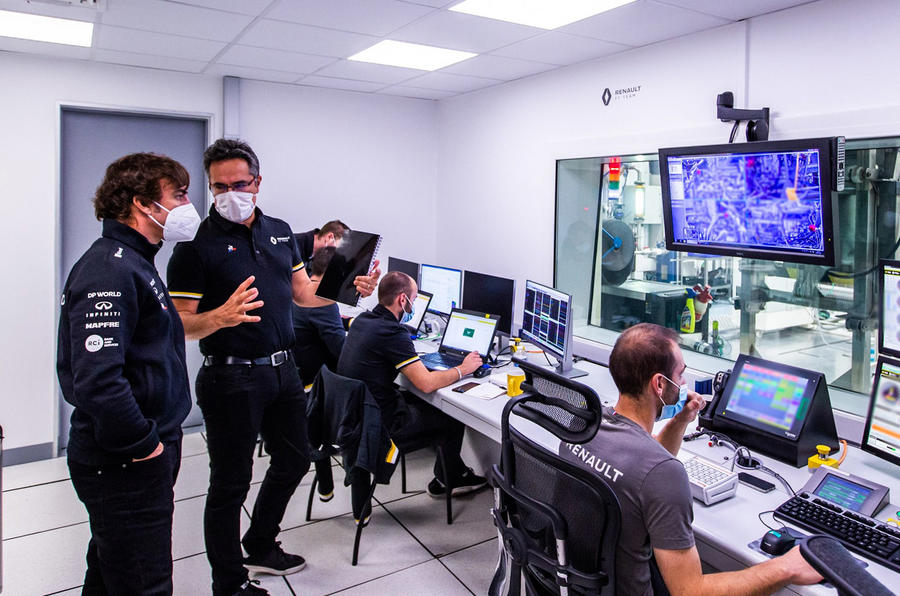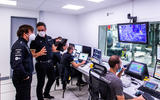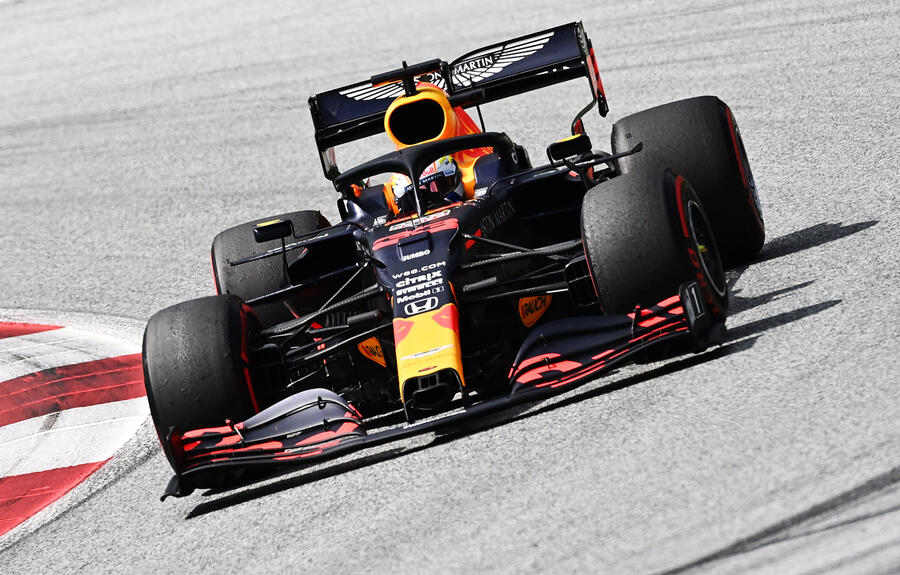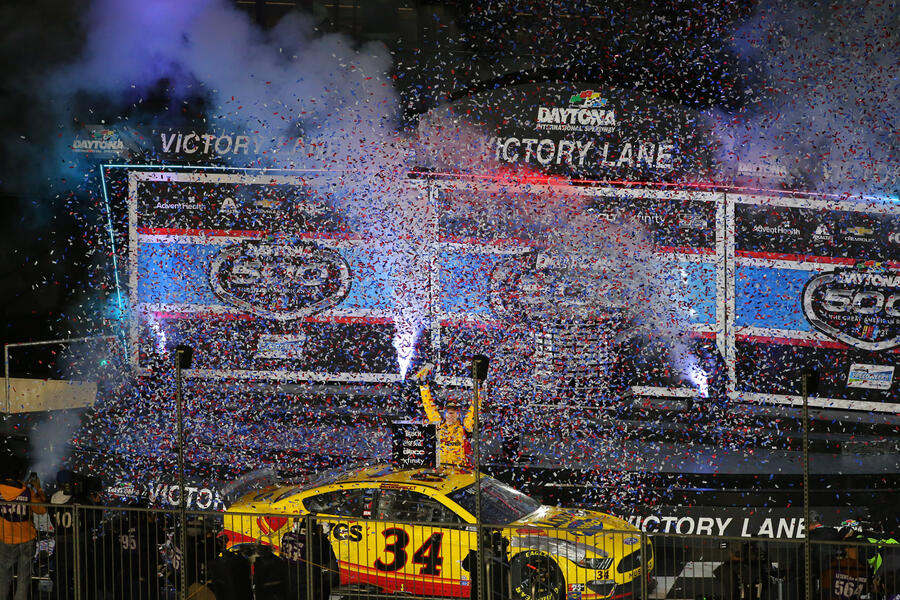Twenty years ago, on 16 March 2001, French endurance racing veteran Bob Wollek was cycling back from Sebring 12 Hours practice when he was hit by a van and killed. For the 57-year-old to lose his life in such a senseless manner was unspeakably cruel, especially having survived a lifetime of racing, first on skis and then through four decades of motorsport.
Wollek’s tragedy immediately sprung to mind this month when news first filtered through that Fernando Alonso had been knocked from his bicycle during a training ride in Switzerland. The 39-yearold Spaniard collided with a car outside a supermarket car park and sustained a fractured jaw. Nasty and painful, but a fortunate escape in the context of Brilliant Bob’s dreadful fate.
More than a pain in the jaw
Alonso just can’t help making headlines, and we can expect many more from him during a 2021 season in which he will make a dramatic return to Formula 1 with Alpine – his third stint at the team with which he won two world championships way back in 2005 and 2006, when it was known as Renault.
Alonso is in fantastic nick, especially for a man who will soon turn 40, but a broken jaw is a setback that he could do without as he prepares for his first F1 season since 2018. Pulling on a helmet might be uncomfortable, but Alpine insists he will be ready for pre-season tests on March 12-14 in Bahrain. Knowing Alonso, the injury will only add fire to his ‘warrior spirit’ and force him to shine in adversity, just as he did for years in disappointing Ferraris and poor McLarens.
But there are other potential hurdles in his comeback that might be harder to overcome. The transition of Renault into Alpine has occurred amid a degree of management confusion at the Enstone-based team that leads right to the top of Renault and the appointment of Luca de Meo as chairman. Cyril Abiteboul was lined up to rise from team principal into a more senior, over-arching role across the Alpine brand but instead left the firm, while two men find themselves seemingly tasked with the same job of leading the F1 team: executive director Marcin Budkowski and highly-rated F1 newcomer Davide Brivio, who has been hired following his success in leading Suzuki to the 2020 MotoGP title. Who is in charge? It’s not entirely clear.
And if it’s not clear to Alonso, a man not exactly shy in professing his opinions, the comeback could be derailed before it has even built a head of steam – especially if the car isn’t as quick as the McLaren and Aston Martin (formerly Racing Point).



















Join the debate
Add your comment
Romain Grosjean just tested an Indrcar two days ago, and he was burnt in his car accident last year, must be painful,so, a broken jaw?..meh.